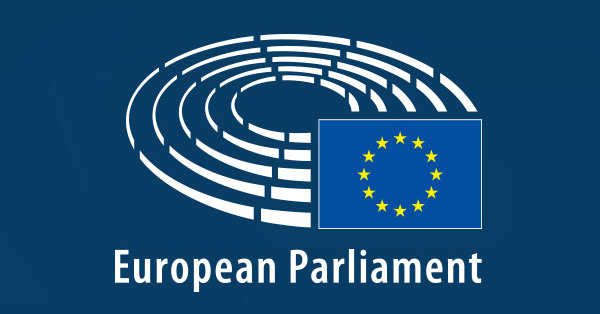If this is an inquiry, Pres Metsola, why are there no tough questions?
…and just how does the European Parliament know what the Covid Committee will find before it has even begun looking?

More than two years since the World Health Organization declared a pandemic, it’s back to crisis management school for Members of the European Parliament. A special covid committee has convened to ‘holistically’ review ‘lessons learned’. But take a look at the European Parliament’s Decision on its remit, and you’ll see that the post-pandemic lesson plan for Europe is a little light on critical thinking.
In recent times, MEPs brushed aside legal worries about everything from closing schools to limiting freedom of movement. Who’s been affected and how, an investigation might be expected to ask—but not this one.
In the recital to the Decision, Parliament feeds the Committee with an answer to this crucial question. In the first place, it’s women. ‘During the #COVID19 pandemic, women took the hardest hit: literally, mentally and financially,’ pronounced Roberta Metsola, the Parliament’s President, citing a survey exclusively composed of female respondents.


A foregone conclusion like this, albeit well intended, could render the investigation pointless.
It’s also shocking given the damage that, according to The Guardian, lockdown and other restrictions have done to young children. Since schools reopened, battle-scarred counselors are seeing levels of childhood anxiety and aggression higher than ever before in their careers. Children are ‘frozen, socially and emotionally, at the age they were when the pandemic started,’ reports The New York Times. Who’s going to accept responsibility for that and other unpleasant changes?
One can’t help but think of the many inane hygiene protocols, apparently designed by sufferers of obsessive-compulsive disorder. For two years, signs sellotaped to bathroom walls across the globe have reminded all humanity to sing ‘happy birthday’ twice while maniacally washing their hands. It seems that European Parliamentarians are loath to give up the hand-washing habit. In their decision, we read that Covid-19 ‘tragically confined people.’ Citizens will remember that as a government initiative and, quite possibly, one of the most drastic, destructive and unfair ever.
Whole industries were shuttered. A lucky few began working from home, including social workers, while the education-deprived children they supervised were murdered. By contrast, lockdown-phobic Sweden, where children were resolutely kept before a blackboard, is rated by The Economist as one of the pandemic’s star performers. So the question of whether interventions did more harm than good, especially to the young, cannot be avoided. It is one which the Parliament, as a duly elected legislative body, must address to itself and the other law-making Institutions of Europe, rather than an agent of infection.
Perhaps fault-finding discomfits MEPs. Socialist leader Iratxe García Pérez told journalists, ‘this is not about pointing [sic] criticism but knowing how to do things better in the future’. Creeping critical aversion suggests that self-confidence is shrinking within the Bloc. Insiders whisper to SCALED of even mild criticism being branded ‘anti-European’.
If this inquiry isn’t really meant to ask questions, then there’s the question of what exactly it is for. A tool for the Bloc’s take-over of Member State health policy, perhaps? ‘At the start… there was a very… nationalistic response,’ Pérez revealed, ‘then we [saw] the need for EU coordination. This has taught us… that together we are better prepared to act against such things.’ Carefully chosen words, as Pérez will be well aware that not all Europeans agree it’s ‘better’ to give up national sovereignty in ‘such things’.
But whatever the true purpose of this holistic convention, without some tough questions from its members the only lesson may be this: EU policy is at the mercy of groupthink.
Expect to hear more about this debacle here at SCALED, including the lack of transparency around EU vaccine contracts and the ‘deeply problematic influence’ of Big Pharma. In the meantime, you may wish to share you thoughts with C. P. on Twitter.



